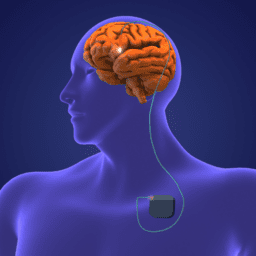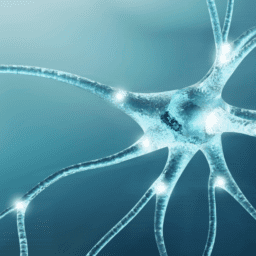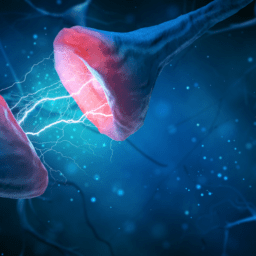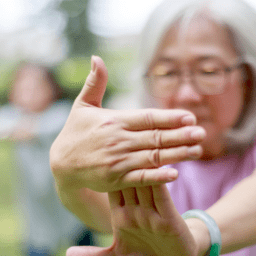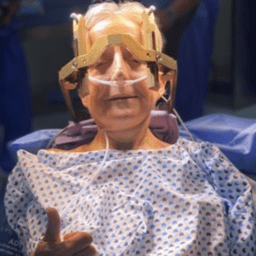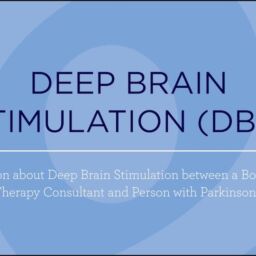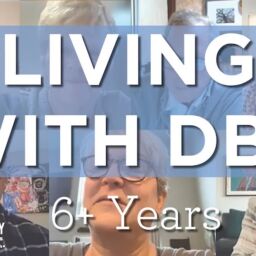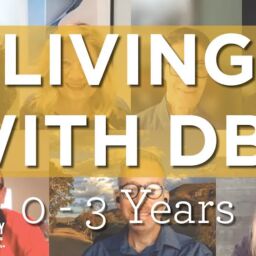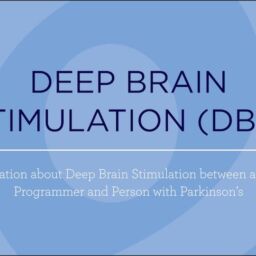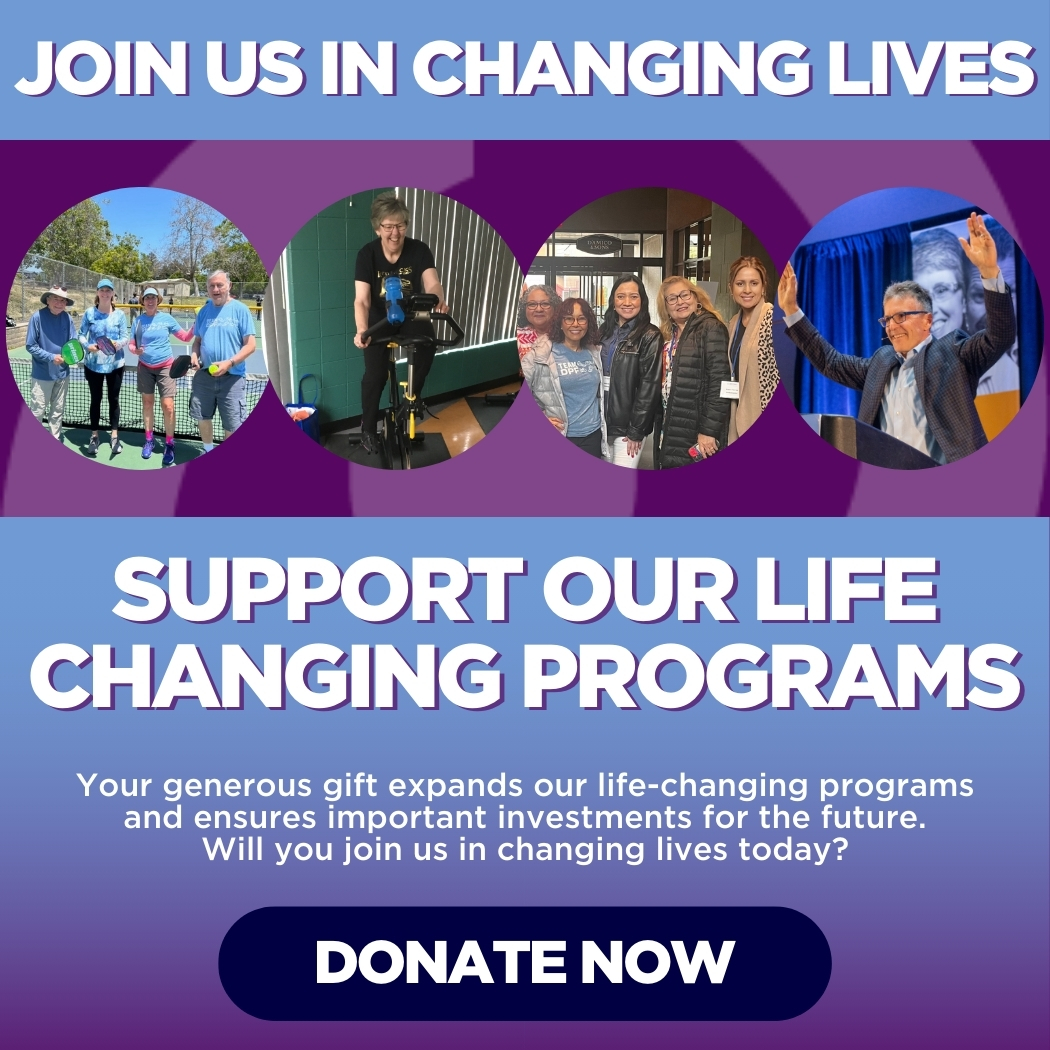If you or someone you love is living with Parkinson’s, chances are you’ve heard about Deep Brain Stimulation or DBS.
DBS is a therapy for Parkinson’s that involves placing small electrodes into the regions of the brain that control movement and are impacted during the progression of Parkinson’s. The electrodes emit continuous electrical impulses (stimulation) from a device known as a stimulator, which is similar to a cardiac pacemaker and is implanted in the chest.
While scientists don’t know exactly how, it is thought that the impulses positively affect the parts of the brain that control movement and may lead to improvements in many motor symptoms such as tremor, stiffness and slowness. As a result, this treatment may also make activities of daily living (ADLs) like getting in and out of chairs, walking, dressing and bathing easier.
While there are a variety of factors to consider when determining if DBS could work for you, many of which are listed below, a general rule of thumb is that good candidates for DBS are those individuals whose motor symptoms improve after a dose of levodopa, sometimes referred to as “levodopa responsive.”
Why would someone opt for DBS if their levodopa medication is working?
As Parkinson’s progresses, most people experience more OFF times, which is when you do not have good control over your movements. Sometimes this occurs because a medication fails to take effect (delayed ON); because a medication wears off before it’s time for the next dose; or because a medication just doesn’t kick in as it should (unpredictable OFF).
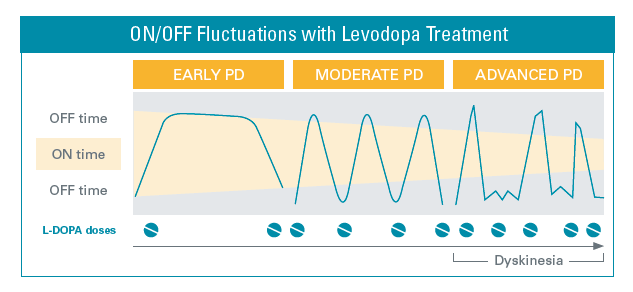
During these OFF periods, people with Parkinson’s may experience tremor, stiffness, cramping, gait issues, dyskinesia and/or other motor symptoms. These symptoms may also cause increases in non-motor symptoms such as anxiety, depression, fatigue and others.
All of this can be terribly frustrating and disruptive, in addition to being a constant reminder that you have Parkinson’s.
DBS has the potential to change that.
When the therapy is optimized, people with DBS may experience symptom control like they do when medications are working effectively.
While not typical, some people we’ve worked with have not only been able to reduce the number of pills they take by over 75%, but some are also able to stop taking medication altogether. This can have a profound and positive impact on quality of life.
If you’re thinking about getting DBS surgery, here’s a checklist that will give you an idea of some of the factors that your doctor may consider to help determine if DBS is right for you.
You might be a good candidate for DBS if…
✔ Your motor symptoms still respond well to levodopa
✔ Your medications are not lasting from dose to dose
✔ Your medication is unable to control your tremor
✔ Your OFF time is not controlled with Parkinson’s medications
✔ Dyskinesia is limiting your activities and is bothersome
✔ You have intolerable side effects from Parkinson’s medication
✔ Your mind is still sharp, and you’re not having hallucinations
✔ Your mood is not depressed or anxious
✔ You can live with an implanted device in your brain and body
✔ Your family is supportive
✔ You can perform ADLs when your medications are working, but you have a lot of difficulties doing so when the medications are not working
If you’d like to assess your situation even further so you can have a useful starting point for your next appointment with your doctor, download and complete our Deep Brain Stimulation Self-Assessment here.
Life After DBS
While DBS is not for everyone, it can be miraculous for others. When we asked people in our community what DBS has done for them, here’s what a few of them had to say...
“It has given me my life back.”
“Before I got DBS, I couldn’t see the road ahead. Getting DBS truly saved my life.”
“DBS has made it possible for me to be active again, get involved in my community and give back to the people who have done so much for me along my Parkinson’s journey. I couldn’t be happier with my decision.”
We were also profoundly moved by this story from Kenneth Brown, a pastor in Fountain Hills Arizona who said that DBS has given him a new lease on life.
In the future, we’ll be sharing much more about DBS and stories from our community members. If you have a story you’d like to share, please email us.
Deciding whether or not to get DBS takes a great deal of research, thought and reflection. It’s critical that you discuss all of your options with your care partners and doctors so you can make the best decision for you.
If you do decide to move forward and get DBS, we hope you get a new lease on life, just as Kenneth has.
For Further Study
Is DBS Right for You?
How Deep Brain Stimulation Works

Results from case studies are not necessarily predictive of results in other cases. Results in other cases may vary.
This content was supported in part by Boston Scientific. To learn more about Deep Brain Stimulation, visit here.



